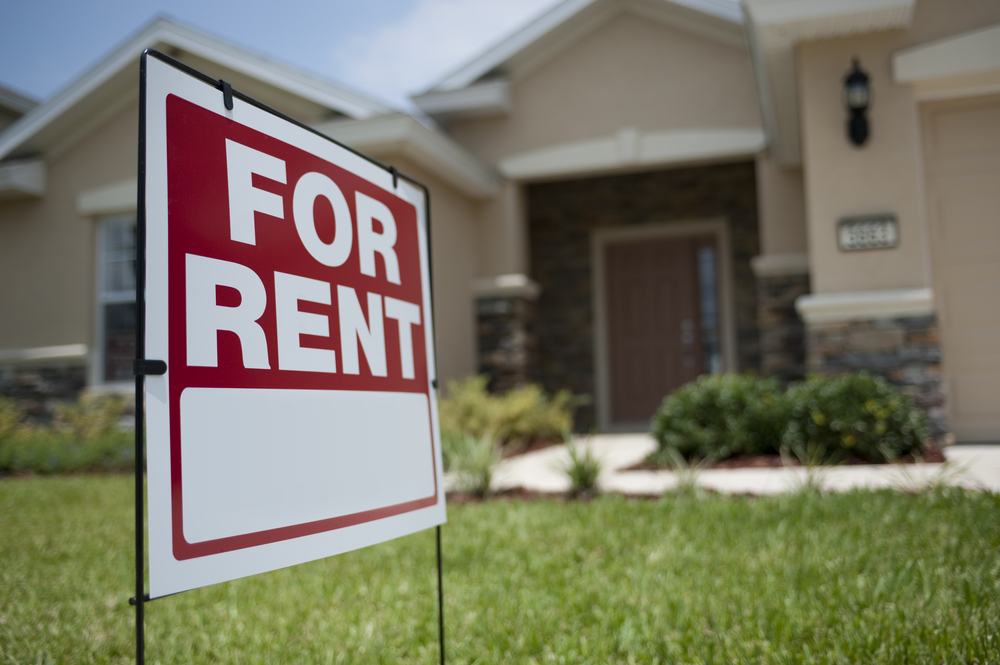Things to Think About When Insuring Your Rental Home

For this “Perspective” post, we asked Carrie Babij, President of the La Quinta based Desert Insurance Solutions, to discuss the insurance needs of rental properties. Whether you are renting  your home long-term or as a short-term vacation rental via Airbnb, she’s got some things to consider when insuring your property.
your home long-term or as a short-term vacation rental via Airbnb, she’s got some things to consider when insuring your property.
Insuring Your Rental Home
Many investors have rental property as part of their investment portfolio. Or perhaps they rent out their primary home for part of the year while living elsewhere. Renting out your property is considered a business activity and is not covered by traditional homeowners’ insurance or personal umbrellas, which is for owner-occupied housing. It’s very important to properly insure your rental home to protect against property damage (e.g. fire), liability (e.g. lawsuit) and possibly loss of income. If you have a mortgage, your bank will require the right insurance.
Let’s look at the various rental scenarios:
Incidental
In this case you rent out your house for less than two weeks per year, on a one-time basis, maybe for the Coachella weekend. Generally, insurance carriers view this as “incidental” (not commercial) and may extend coverage, but contracts vary so check your policy. Some carriers require you notify them in advance.
Long-Term
If you rent out your house for six months or more to the same party on a lease you are considered a landlord and need landlord insurance. Because a renter is not as careful as an owner, this insurance is more expensive than standard homeowners’ insurance but will protect you against a variety of perils including loss of business income.
Short-Term
If you rent out your house to multiple parties throughout the year you need a short-term rental or “vacation home” policy. Because you are exposed to the risks of multiple renters with a limited commitment to safe practices, this insurance is more expensive than a landlord policy.
Airbnb/VRBO
When using these and certain other rental agents, property owners are offered limited risk supplemental coverage that protects against the accidental acts of renters. This will protect you if your tenant’s candle burns down your house. However, this is not an effective substitute for your own commercial insurance. First, the coverage may not cover intentional acts…like a tenant gets into a fight with a neighbor. Second, the coverage doesn’t cover common perils not related to a tenant like lightning and doesn’t cover a tenant arriving early or leaving late. And third, if you make a claim on your underlying standard policy, it’s not clear they will pay it since you have violated the terms of your contract by running a business. Finally, even if you don’t have a claim, your underlying standard carriers is likely to cancel your insurance if they learn you’re running a rental. So, this supplemental “insurance” is really of limited value to a prudent host.
Here’s an article about the problems Airbnb-type hosts have been having with insurance.
What’s the solution? Charging rent for short-term periods is considered a business activity, so you need an appropriate commercial vacation rental policy. It’s more expensive than a homeowner’s policy, but a necessary cost of doing business for rental hosts. Many standard insurance companies do not offer vacation rental policies, but specialty policies are available through established independent agents.
If you have questions about your coverage be sure to reach out to your insurance agent. Clearly explain that you plan for short-term rentals, then ask your agent to show you the written policy language that shows you are covered. Any other approach is risky, and you don’t want to take risks with insurance.
If you’d like to reach out to Carrie directly, she can be reached at Desert Insurance Solutions 760.564.6800.
This site is informational and not a substitute for professional advice. Insurance coverage is subject to the language of the policies as issued.